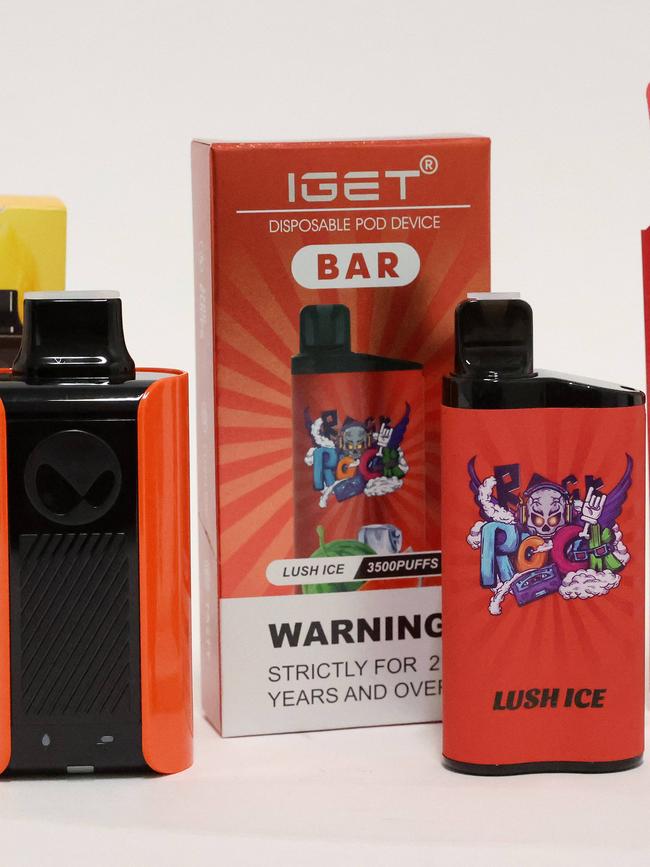Non-evidence based therapies and lifestyle expenses prohibited from NDIS
From the questionable and bizarre to downright rorts, a long list of unproven therapies and everyday lifestyle costs have been banned from the NDIS.
National
Don't miss out on the headlines from National. Followed categories will be added to My News.
Cuddle therapy, vapes, dating services, concert tickets and clairvoyants cannot be claimed on the NDIS under new rules clarifying what supports the scheme will and won’t fund for all participants.
An extensive list of unproven and alternative wellness treatments like crystals, tarot card reading, psychics, yoga, hypnotherapy, reiki and shamanic healing have been explicitly banned from National Disability Insurance Scheme funding, along with a large range of day-to-day living expenses like groceries, mortgage repayments, schooling and public transport.
The comprehensive list released on Tuesday goes into significant detail, for example stating both “puppy” and “goat” animal therapies are not permitted.
Lifestyle products like cigarettes, vapes and legal cannabis will also be prohibited, as will matchmaking and dating services, gambling, phones, computers, tattoos, manicures, costs related to recreational sports and occasions like weddings or funerals.
All holiday costs are also out, including cruises, airfares, event tickets and accommodation.

NDIS Minister Bill Shorten said the clear lists would put an end to opportunistic and unethical providers who were “selling snake oil”.
“They’re selling stuff, which frankly, doesn’t work and shouldn’t be being paid for,” he said.
The changes will come into effect from October 3, with a 12-month transition period allowing administrators to waive mistaken claims costing less than $1500.
Mr Shorten said the lists also made it clear the NDIS was not to pay for things covered by other systems like education, health and aged care.


“The NDIS is not going to pay for homeschooling … we’re not going to pay for prescription drugs you can get on the PBS, we’re not going to pay for items which you can claim on Medicare,” he said.
Mr Shorten said he believed every Australian supported the “concept” of the NDIS, which was to give people with profound and severe impairment a personal budget to have more fulfilling lives, and the clear lists would boost trust in the system.
“This just gives all Australians confidence that the cowboys and fly-by-nighters can’t sell their sort of nonsense and be subsidised to do so,” he said.

Mr Shorten also said there would be “common sense” substitutions, for example if someone with a disability needed a regular temperature check then a smart watch might be the best way to monitor that.
“But that doesn’t mean in those (NDIS) Facebook groups that everyone can get a smart watch, because that’s not on, and that’s not what the scheme is about,” he said.

“I think in our heart of hearts, a lot of people know that’s nonsense.”
The new lists make clear what types of support NDIS participants can claim, for example qualified assistance animals and the necessary associated costs like veterinary fees and grooming are covered, while costs related to a normal pet are not.
Transport costs can be covered where a participant is unable to travel or use public transport independently, while household tasks can also be funded where someone is not able to do it themselves due to their disability.
More Coverage
Originally published as Non-evidence based therapies and lifestyle expenses prohibited from NDIS





